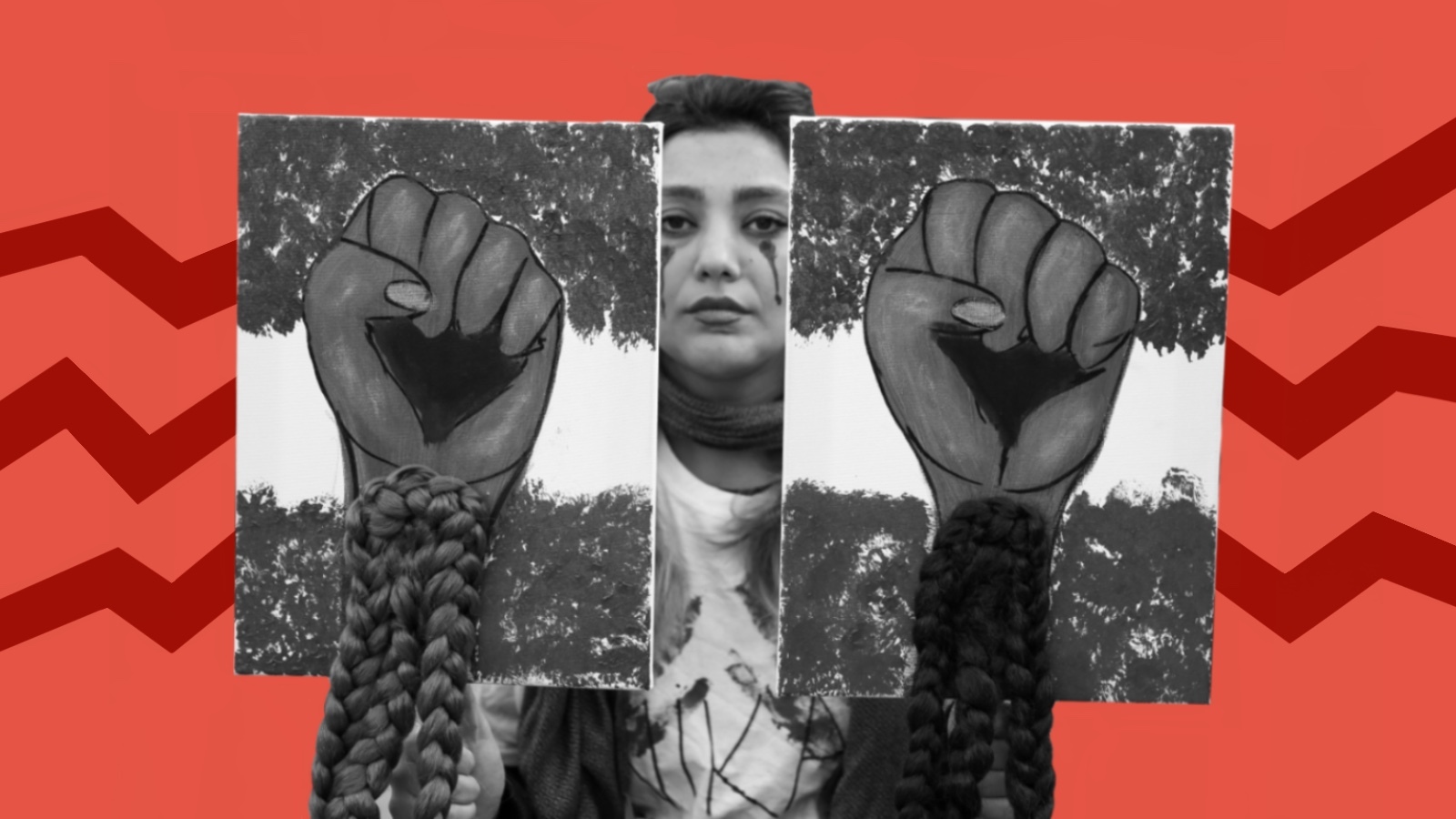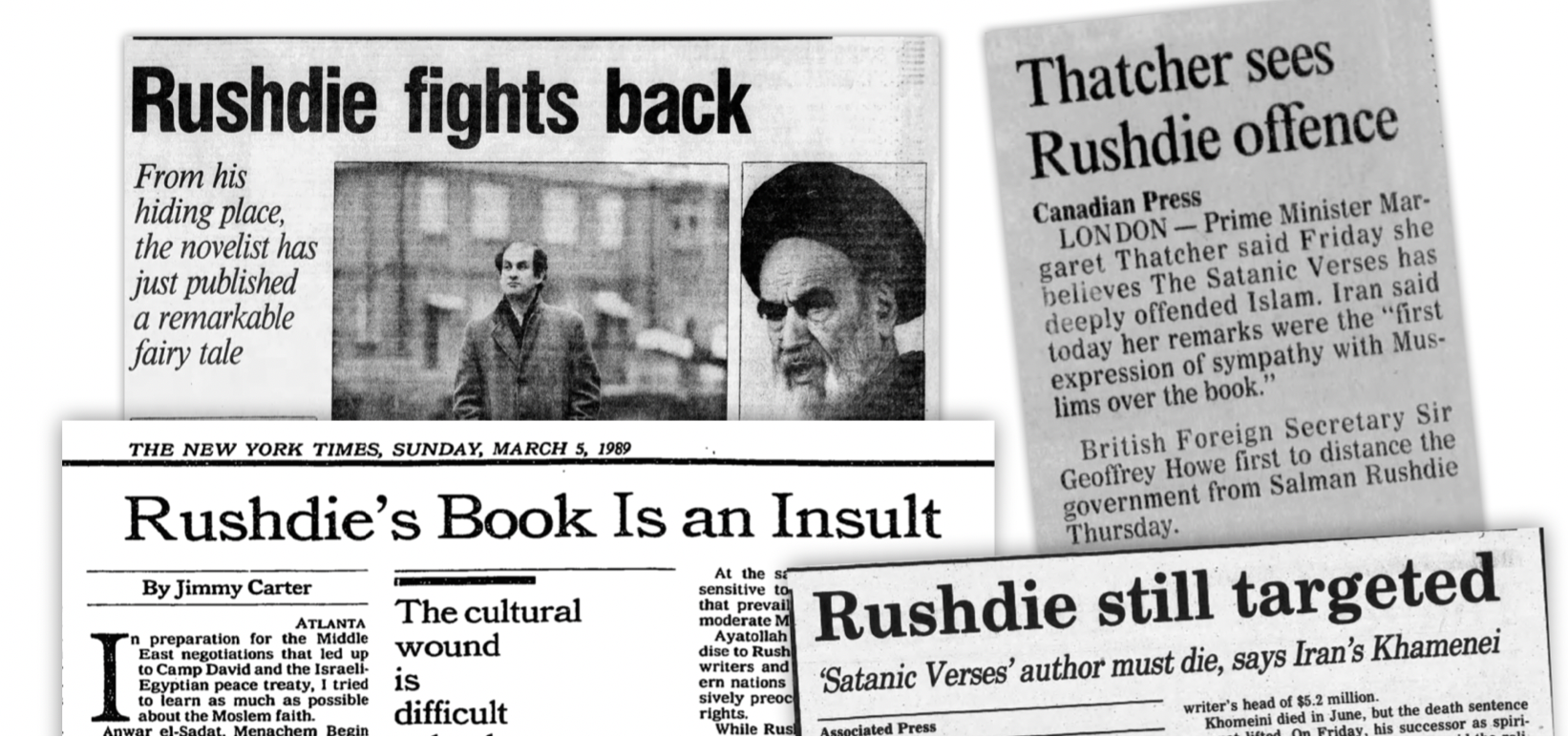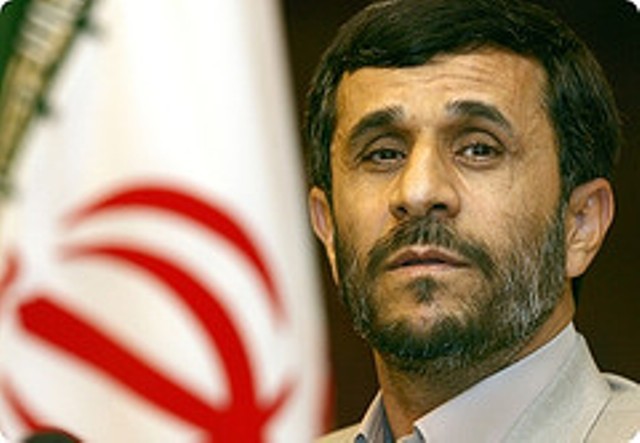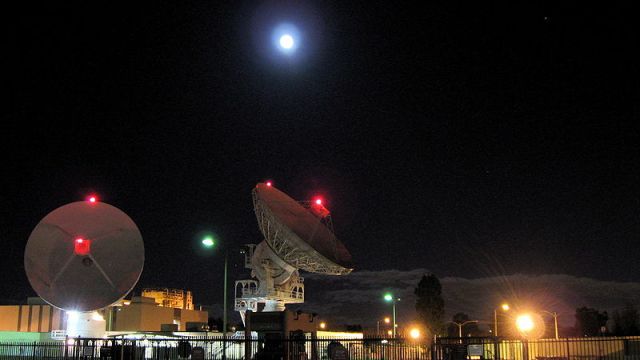Is Iran Fixing Iraq’s Elections?

I’m standing in the entrance lobby to the European Parliament in Brussels, and suddenly there is a flurry of activity. A group of middle-aged Middle Eastern men, bunched together and clearly on a mission, are being ushered quickly through security.
My friend, an Assyrian Christian, immediately recognises the former speaker of the Iraqi Parliament and several other high ranking Sunni politicians. We know that they are due to meet later with Struan Stevenson, the British member of the European Parliament who heads up the Iraqi delegation, who has questions of his own, namely: where exactly has the 2 billion Euros in European aid to Iraq actually gone? And why has his delegation of Parliamentarians just been informed that their visas won’t be ready for travel to Iraq for another two weeks? Visas, incidentally, will also be held up for an American delegation.
The answer to the latter question is relatively straightforward; by the time the Europeans receive their visas, the March 7 Iraqi elections will conveniently be over. When I covered the United Nations and was due to fly out with the UN press corps, visas would never take more than a couple of days to be processed.
The main reason for the arrival of a high level Iraqi delegation – and well before they were originally scheduled to appear, becomes clear. The Maliki Government in Baghdad has just announced that a significant number of candidates – including some now in the Parliament entrance lobby – are former Ba’athists and ineligible to stand for election.
My Assyrian friend smells a rat, and so do other seasoned Iraqi hands in the gleaming corridors of the European Parliament. Back in December, without warning, Iranian militia seized the Fakkah oil field, just inside Iraq. To add insult to injury, they raised the Iranian flag over Iraqi soil. The US State Department raised the alarm but sensibly resolved that this was a dispute to be settled by both countries. Both the injured party, Iraq, and the aggressor, Iran, also said that the small matter of the invaded oil field would be settled through diplomatic means.
And settled it appears to be, although the terms of the ‘settlement’ are never likely to be written down or admitted to. This is hardly surprising, because Iran’s armed militia began leaving the Fakkah oil field at around the same time that the Maliki Government was busy announcing its list of banned Ba’athist, or largely Sunni candidates, from the March election. So if Iran appears to be being successful in barring Sunnis from election, and opening the way to Shi-ite control over most of the country, who has been busy helping to pull the levers?
We cannot be certain, but the word in the European Parliament is that some Parliamentarians detect the hand of Iraq’s Prince of Darkness, Ahmed Chalabi, now miraculously restored to respectability by Prime Minister Maliki and running several key Ministries in Baghdad, charged with ‘re-construction’, and funded generously by foreign aid. Chalabi, it will be recalled, along with influential lobbying shop BKSH & Associates, helped persuade the Bush Administration that Saddam Hussein had Weapons of Mass Destruction and, absurdly, that he was connected to Al-Qaeda. Chalabi was subsequently found guilty in the Petra banking scandal in Jordan, and a warrant for his arrest on counterfeiting charges was issued in 2004.
Should we be surprised that the Iranians – with the apparent assistance of others – are helping to stack the next Iraqi Parliament? Of course not. A power vacuum was left by the allied invasion of Iraq, and Sunni hegemony was broken. Iran’s Mullahs were bound to support neighbouring Shiites and take advantage of the situation to extend their influence – while also helping to ensure that a friendly government in Iraq would never be at war with Iran again.
It all goes to show, however, that the United States and Europe are fairly powerless to influence very much that goes on in Iraq. But we must continue to pump billions into un-marked reconstruction projects (to declare that it is Western money being used to re-build Mosques is not thought wise), without really knowing where it is all going.
The Iranian Mullahs must be delighted, however. Not only did the West rid them of a persistent enemy in Saddam, the whole balance of power inside Iraq has been turned upside down to Iran’s advantage.
And thanks to our taxpayers’ money, Iraq is a much nicer place for Iranians to visit these days.





